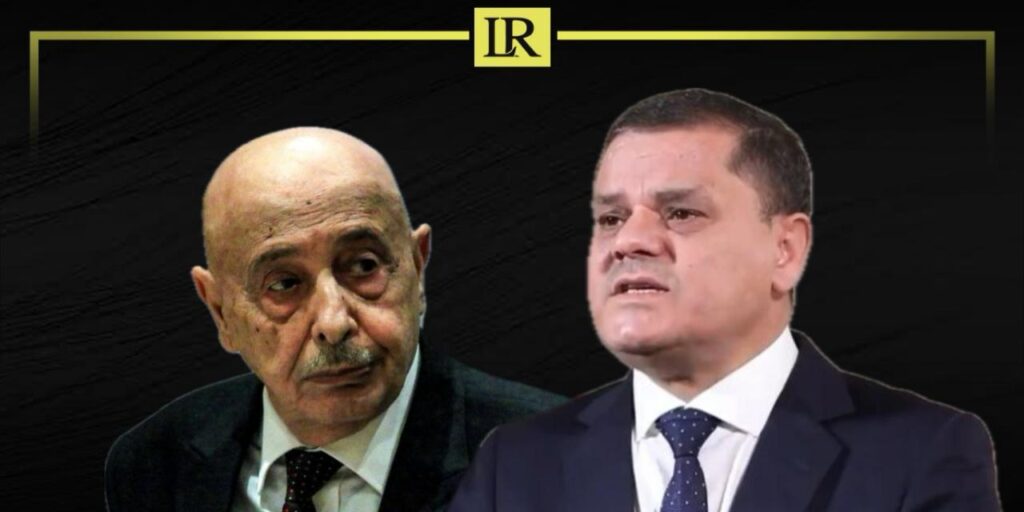Libyan Prime Minister of the Government of National Unity, Abdel-Hamid Dbaiba has strongly criticised what he called an “illusory path” to changing the government, accusing political rivals of seeking to prolong the transitional phase rather than achieve real progress.
In a statement posted on his official Facebook page, Dbaiba dismissed repeated calls to open candidacy for a new government as unproductive. “Instead of launching a tenth round of candidacy in a path that only confirms intentions to extend the transitional period, Speaker Ageela Saleh should take a national stance to end parallel spending that has burdened public finances and hurt citizens,” Dbaiba said.
The remarks come just one day before a scheduled session of the House of Representatives in Benghazi, where lawmakers are expected to review nominations for a new prime minister. Several names have already circulated in recent days, amid reports of behind-the-scenes efforts to select a consensus figure.
The upcoming session will also include discussions on economic reforms presented by Central Bank Governor to the parliamentary finance committee. In addition, MPs will review three presidential decrees recently issued by the Presidential Council under what it described as a “national rescue plan”.
The decrees have triggered debate across Libya’s political spectrum. Supporters see them as a way to break political deadlock, while critics argue the council has overstepped its mandate.
Dbaiba’s comments reflect growing tensions as rival factions position themselves for control ahead of any potential national vote. Many Libyans remain sceptical of efforts to replace the current government without holding comprehensive elections.
As the political scene heats up, public frustration mounts over prolonged instability, institutional division, and financial mismanagement. The nation awaits the outcome of the parliament’s next steps, hoping for a breakthrough after years of stalled transitions.


